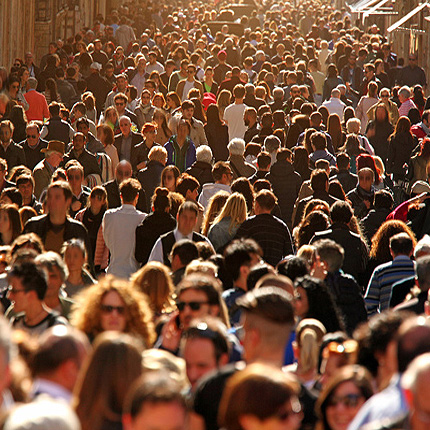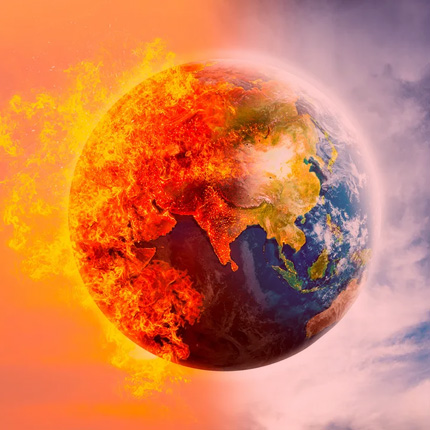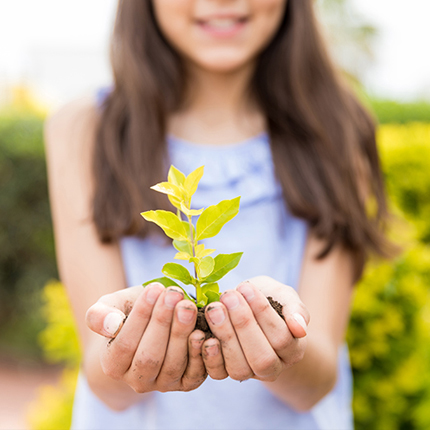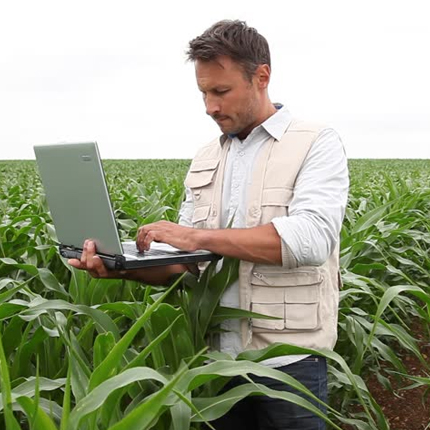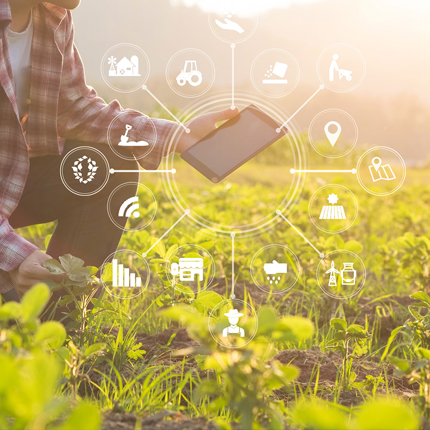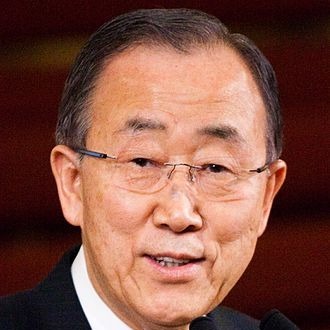Feeding a Growing Population in the Face of Environmental Challenges
The expanding global population poses significant challenges in meeting the rising demand for food while preserving the environment.
Global Demand and Environmental Impact
With the world's population expected to reach 9.8 billion by 2050, there is a considerable surge in the need for food, especially animal-based protein, projected to increase by nearly 70%.
Unfortunately, existing agricultural practices are taking a toll on our environment, utilizing 40% of the Earth's land and 70% of sustainable freshwater. These intensive methods lead to land degradation, water scarcity, and biodiversity loss.
Paris Agreement and Environmental Sustainability
In line with the pressing need to address the environmental impact of global food production, the Paris Agreement of 2015 set an ambitious target to combat climate change. The agreement involves 195 nations pledging to keep global warming "well below" 2°C by the century's end and striving to cap it at 1.5°C. This aligns with the critical goal of balancing food production for a growing population while mitigating environmental harm.
Food Systems: A Threat to Our Planet's Health?
The food, agriculture, and land use sectors directly contribute approximately 22-24% of the world's greenhouse gas emissions, nearly comparable to the emissions from electricity or industry. When factoring in indirect emissions such as methane from food waste in landfills or food processing, the total contribution reaches about 33%. These emissions continue to rise, contrasting with decreasing energy-related emissions in some regions like the US. The environmental impacts extend beyond climate change, significantly affecting water, land, and biodiversity, underscoring the urgent need for comprehensive solutions to address these complex issues.
Aquaculture and Sustainability Challenges
Overfishing has severely impacted wild fish stocks, prompting the need for fish populations to recover through a 5% annual reduction in fishing efforts. Aquaculture, seen as a solution to this seafood demand, faces a dilemma with a mandated 100% expansion by 2050. This growth relies on resources and practices connected to industrialized agriculture, known for its adverse environmental effects. Furthermore, scaling up aquaculture rapidly within environmental constraints poses a significant hurdle, as natural resources like land and freshwater are limited.
The Feed Dilemma: Fishmeal, Plant-based Ingredients, and Sustainability
Shifting from Fishmeal: Aquaculture traditionally relied heavily on fishmeal and fish oil for fish feed, particularly for carnivorous species. This further strains wild fish populations, creating a catch-22 situation.
Shifting to Plant-Based Feeds: Using plant-based protein and ingredients such as soy, corn, wheat, or palm oil in fish feed formulas has increased and reduced reliance on fishmeal and fish oil. However, this creates another challenge:
Industrialized Agriculture and Sustainability Challenges: While plant-based ingredients and protein for fish feed offer a promising alternative to reducing fishmeal, large-scale production often relies on industrialized agriculture practices that can contribute to deforestation, land degradation, and water scarcity.
These questions highlight the complex web of challenges. We need to increase food production, particularly animal protein, but current agricultural practices are unsustainable. While aquaculture offers a potential solution for seafood, its reliance on practices linked to unsustainable agriculture creates a cycle that could further exacerbate environmental damage.
Navigating the Complexities of Sustainable Food Production
The intertwined nature of food production, environmental sustainability, and resource use presents challenges that require strategic management and innovative solutions.
Decoupling Aquaculture and Industrial Agriculture
To ensure a sustainable approach to food production for a growing population, the interplay between aquaculture, industrialized agriculture, and environmental impacts must be carefully addressed. Finding solutions that decouple these systems while maintaining food security without exceeding environmental limits is crucial for long-term sustainability.

